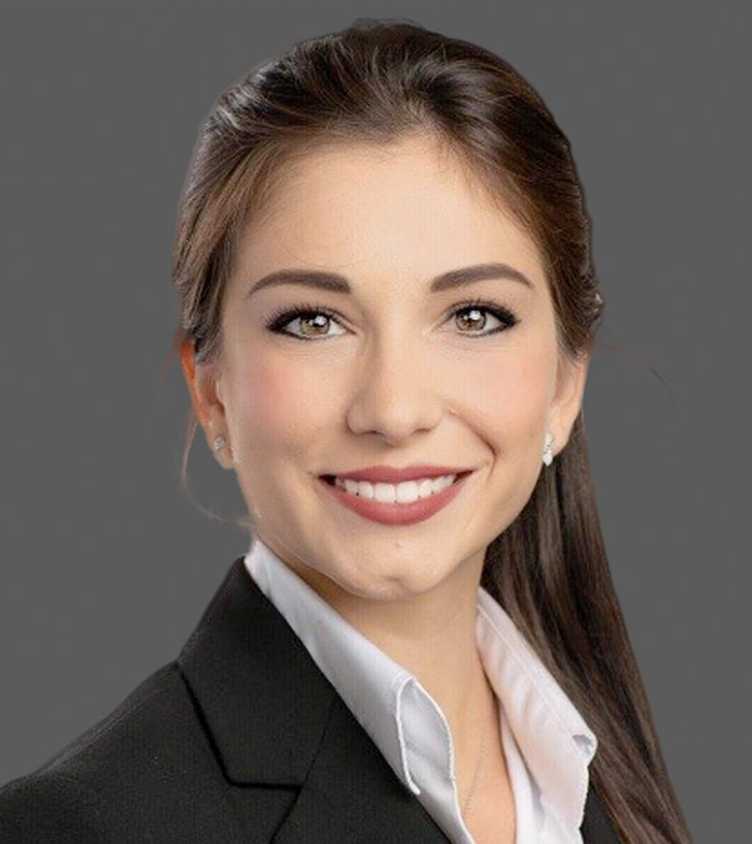Oriella Gnarra

Oriella received a bachelor's degree in electrical engineering and a master's degree in biomedical engineering from Politecnico di Milano (PoliMi), Italy. At the same time, Oriella was a student and student representative at an honor college, the Collegio di Milano.
During her master's studies, she joined ParisTech as a visiting student on an ATHEN scholarship and later started her master's thesis at the Neuroengineering Lab at ETH Zurich. The project involved the design and validation of several sensorized insoles. These are used in the neuroprosthetic device to provide sensory feedback to lower limb amputees through a neurostimulator. Later, Oriella joined the lab as a research assistant and worked as an electronics developer for a wearable exoskeleton in an ETH spin-off.
Four years later, Oriella completed her Ph.D. at the Sensory-Motor Systems Lab at ETH Zurich, affiliated with the Sleep-Wake Epilepsy Center at Insel University Hospital and the GER group of the ARTORG Center at the University of Bern, Switzerland. Her research focused on signal processing from wearable and nearable devices, leveraging sensor fusion algorithms trained with data from patients suffering from sleep disorders and neurological diseases. She utilizes machine learning models on physiological data to extract digital biomarkers in longitudinal recordings obtained in real-world settings.
Oriella received the New Investigator Award from the World Sleep Congress during her doctoral studies. She is a board member of the European Sleep Foundation Young section and a mentor in the Lead the Future organization for students with STEM backgrounds.
Oriella was awarded a JSPS postdoctoral fellowship to work on integrating sensing technologies into sleep robotics research at the Smart Robotics Design Lab at Tohoku University in collaboration with NCGG in Japan.
In April 2024, Oriella joined the Spinal Cord Artificial Intelligence (SCAI) Lab at ETH Zurich as a postdoctoral researcher to work on explainable machine learning modeling for long-term health monitoring. Her research includes developing advanced methods for clustering large amounts of information from multimodal longitudinal clinical data to model conditions and risk factors and predict phenotypes and disease progression.
Contact
Professur f. Sensomotorische Syst.
Gloriastrasse 37/ 39
8092
Zürich
Switzerland